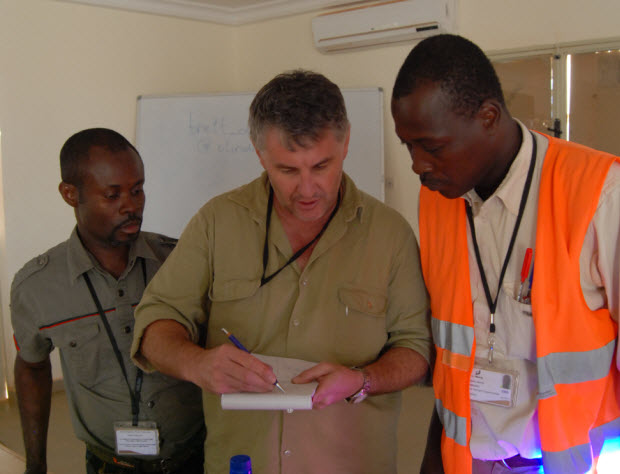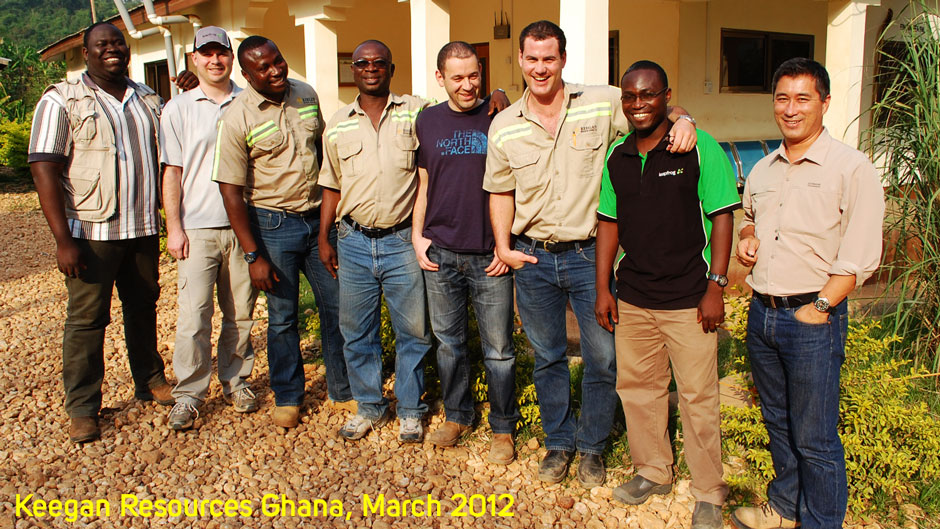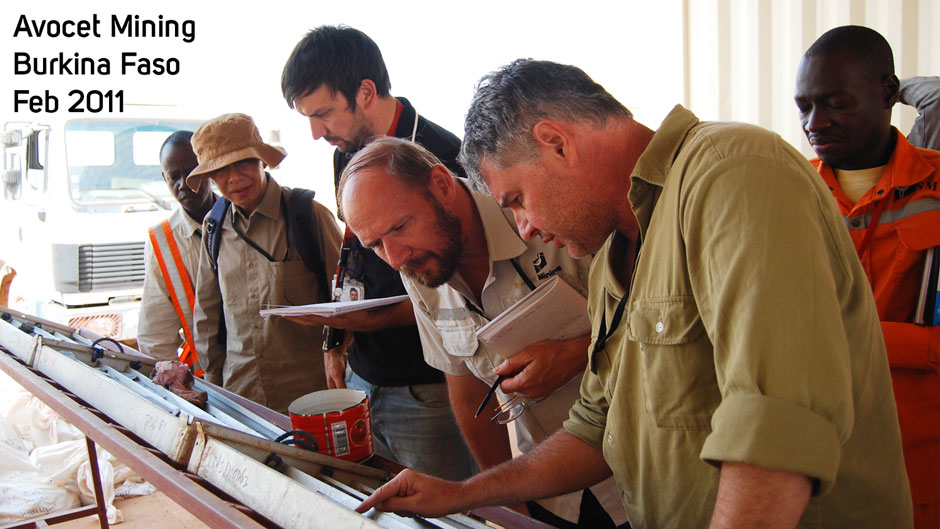Seeing different deposits and their host regions, and interacting with the people trying to understand them, is just one of the benefits of being a geologist. Sampling the local ales is another benefit but that is for another blog.

The background
Orefind has provided training for structural geology and geological modelling at numerous sites around the world. It is a fabulous way to spend quality time with local geologists. Unfortunately, it can be one of the most maddening experiences in terms of skill deficits of the people involved. In every group there is a bell curve of skill distribution (not to be confused with a twisted Bell I know) – there are stars for whom all aspects of geology come easy, there are a lot who just need a bit of upskilling, and there are a few who require more than a little help. Generally, the latter category of people have simply not had the exposure to modern geological training and they are sponges for new information.

One thing that still amazes me, but shouldn't, is the lack of geological skills possessed by senior geological management. In some cases, this appears to be a product of inevitable promotion regardless of skill, which makes for dangerous management. I once did a training course with a group of about 20 geologists from several countries. Several of the oldest members of the group could not measure a dip and strike. I asked how old they were and they were in their late-30’s to 40’s. The number of people who can’t use a compass correctly goes up almost exponentially when they are asked to measure a lineation.
Is it a shortfall or a major drop?
How can management geologists with poor geological skills, geologists at the mine face, and field geologists, make informed choices when they can’t collect the correct information? The first step is to identify the geological weaknesses. The onus is on all geologists to do an audit of their skills and to address the shortfalls. If the geologist in question is in a senior/management position he needs to know the capabilities of the geologists below him/her.

Softening the landing
There are numerous solutions to the problem and these vary in expense and effort:
- One way is to enlist the help of consultants like Orefind but many other avenues exist. Send people on courses. People often say this is too expensive. How expensive is it to have a geologist who cannot provide the correct information to a resource model?
- Identify good geologists in-house and have them help those that struggle. I once did a job in Africa where all of the mineralised intervals had been joined up to provide an impressive set of subvertical orebodies. However, the geologists working on the deposit did not know how to effectively extract and use structural information from drillcore. A very frightening reality presented itself when I reviewed the core – the mineralised zones were actually subhorizontal!
- Other ways to address the skills shortfalls are to get people to enrol in courses, such as an MSc with a reputable university. If you are unsure of a good course or university then please contact us at Orefind and we can suggest possibilities – we have honorary research positions with several universities and we are in contact with academic and consultant geologist worldwide.
- If a university course sounds too expensive or hard then how about providing a company-funded subscription to several good structural-economic journals, such as Economic Geology and Mineralium Deposita. Identify other companies working on similar deposits and see if mutual mine visits are possible.

The above list is by no means exhaustive. It simply offers a few suggestions. Ultimately we should all be trying to upgrade our skills as well as those of our colleagues. Training can be costly but how expensive is it to have to rectify issues resulting from incorrect geological interpretation? Furthermore, one of the reasons that geologists commonly leave companies is because of a lack of opportunity to undergo training, go to conferences etc. Upskilling not only enhances the abilities of the geologists but also entices the people with most knowledge of an area to stay around.